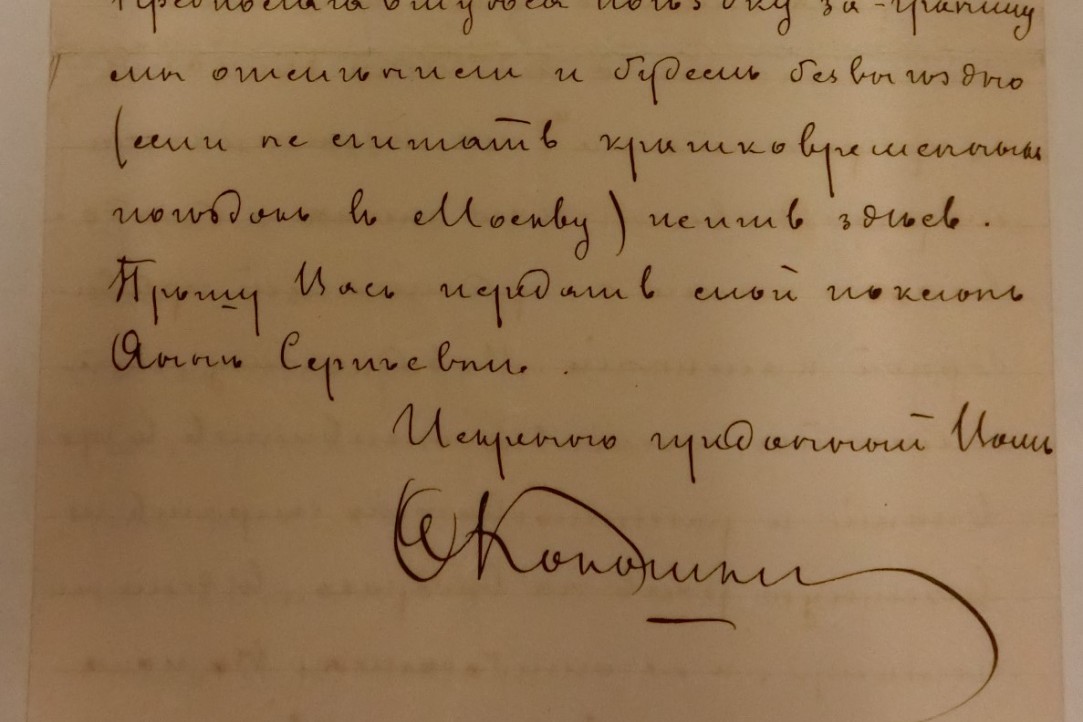"Boundaries of History": Yoshiro Ikeda (University of Tokyo) on Russian liberals' quest for a constitutional monarchy in the early 20th century
Yoshiro Ikeda gave a talk on “Why Jellinek? Why Germany? Russian liberals' quest for a constitutional monarchy in the early 20th century" at the Boundaries of history seminar series.

Dr. Yoshiro Ikeda (University of Tokyo) spoke about the fate of late imperial legal thought focusing on F.F. Kokoshkin’s intellectual biography. Ikeda examines one of the most important sources of inspiration for the lawyers of the Russian Empire at the beginning of the century - the works of Georg Jellinek. The theories developed by Jellinek in the field of public law and non-sovereign states were not simply projected by Russian lawyers onto local realities, but rather were reinterpreted and incorporated into an intellectual dialogue about the nature of the Russian Empire and its legal constitution.
As Ikeda demonstrates, F.F. Kokoshkin, defending the autonomous position of some imperial borderlands, primarily that of Finland, weaponized Jellinek's theory of law as a process of mutual delineation of the boundaries of interest. Thus, attempts to limit the autonomy of Finland were deemed unfair, because the interests of the duchy were sacrificed to the interests of the "center". The resilience of the empire, therefore, depended not on the cultural or legal homogeneity, but rather on the maintenance of the balance of interests. Kokoshkin later also resorted to using other concepts from Jellinek's repertoire, such as "Staatsfragment" and "non-sovereign state", to highlight Finland's particular position.
Debating the nature of the October Manifesto of 1905, Kokoshkin again enters dialogue with Jellinek, but in this case he deviates from the thoughts of his German colleague. If in Jellinek's theory the state is the only source of law, Kokoshkin, in his turn, introduces the concept of social legal consciousness to indicate the agency of society as an equal “producer” of law. According to Kokoshkin's thoughts, the Manifesto was an example of the "Social Declaration." The situation of "Social Declaration" arises at a time when state lawmaking causes tension with social legal consciousness, and society takes the initiative to incentivize lawmaking on its own. Thus, Kokoshkin frames the Manifesto as a joint effort of state and society, and not as a monarch’s decision.
Dr. Yoshiro Ikeda thus demonstrates the complex trajectories of the migration of ideas and their adaptations to the realities of the Russian Empire.
Announcement
